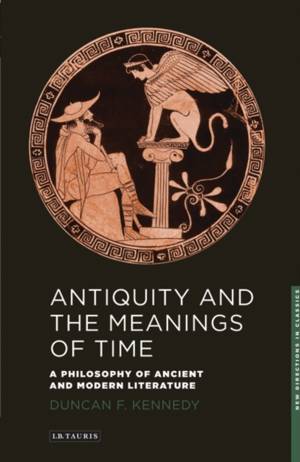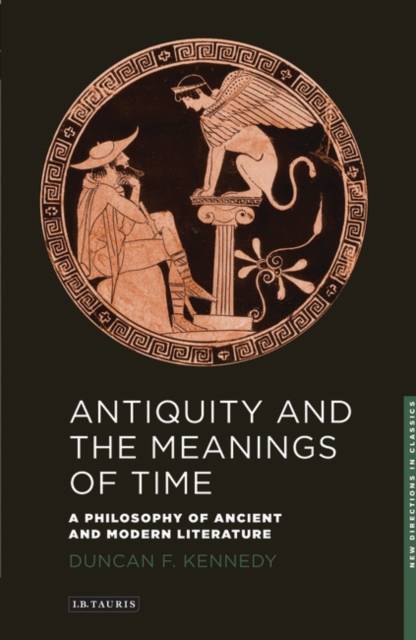
- Afhalen na 1 uur in een winkel met voorraad
- Gratis thuislevering in België vanaf € 30
- Ruim aanbod met 7 miljoen producten
- Afhalen na 1 uur in een winkel met voorraad
- Gratis thuislevering in België vanaf € 30
- Ruim aanbod met 7 miljoen producten
Omschrijving
Society and contemporary culture seem forever fascinated by the topic of time. In modern fiction, Ian McEwan (The Child in Time) and Martin Amis (Time's Arrow) have led the way in exploring the human condition in relation to past, present and future. In cinema, several cultural texts (Memento, Minority Report, The Hours) have similarly reflected a preoccupation with temporality and human experience. And in the sphere of politics, debates about the 'end of history', prompted by Francis Fukuyama, indicate that how we live is deeply determined by our relationship not only to place but also to the passing of time. But what did the ancients think about time? Is our interest in chronology a relatively recent phenomenon? Or does it go further back? In his major new work, Duncan Kennedy indicates that our own fascination with time-reckoning is by no means unique.
Discussing a number of key texts (such as Homer's Odyssey; Sophocles' Oedipus Rex; Virgil's Aeneid; and Ovid's Metamophoses) and imaginatively setting these side-by-side with modern works (such as Sterne's Tristram Shandy and Joyce's Ulysses), he shows that, from era to era, and in different ways, human beings have uniformly striven to understand the unfolding of history and their relationship to it. This sophisticated cross-disciplinary book will appeal not only to classicists, but also to scholars and students in the humanities more broadly, as well as beyond.
Specificaties
Betrokkenen
- Auteur(s):
- Uitgeverij:
Inhoud
- Aantal bladzijden:
- 288
- Taal:
- Engels
- Reeks:
- Reeksnummer:
- nr. 1
Eigenschappen
- Productcode (EAN):
- 9781845118167
- Verschijningsdatum:
- 30/04/2013
- Uitvoering:
- Paperback
- Formaat:
- Trade paperback (VS)
- Afmetingen:
- 155 mm x 231 mm
- Gewicht:
- 453 g

Alleen bij Standaard Boekhandel
Beoordelingen
We publiceren alleen reviews die voldoen aan de voorwaarden voor reviews. Bekijk onze voorwaarden voor reviews.







